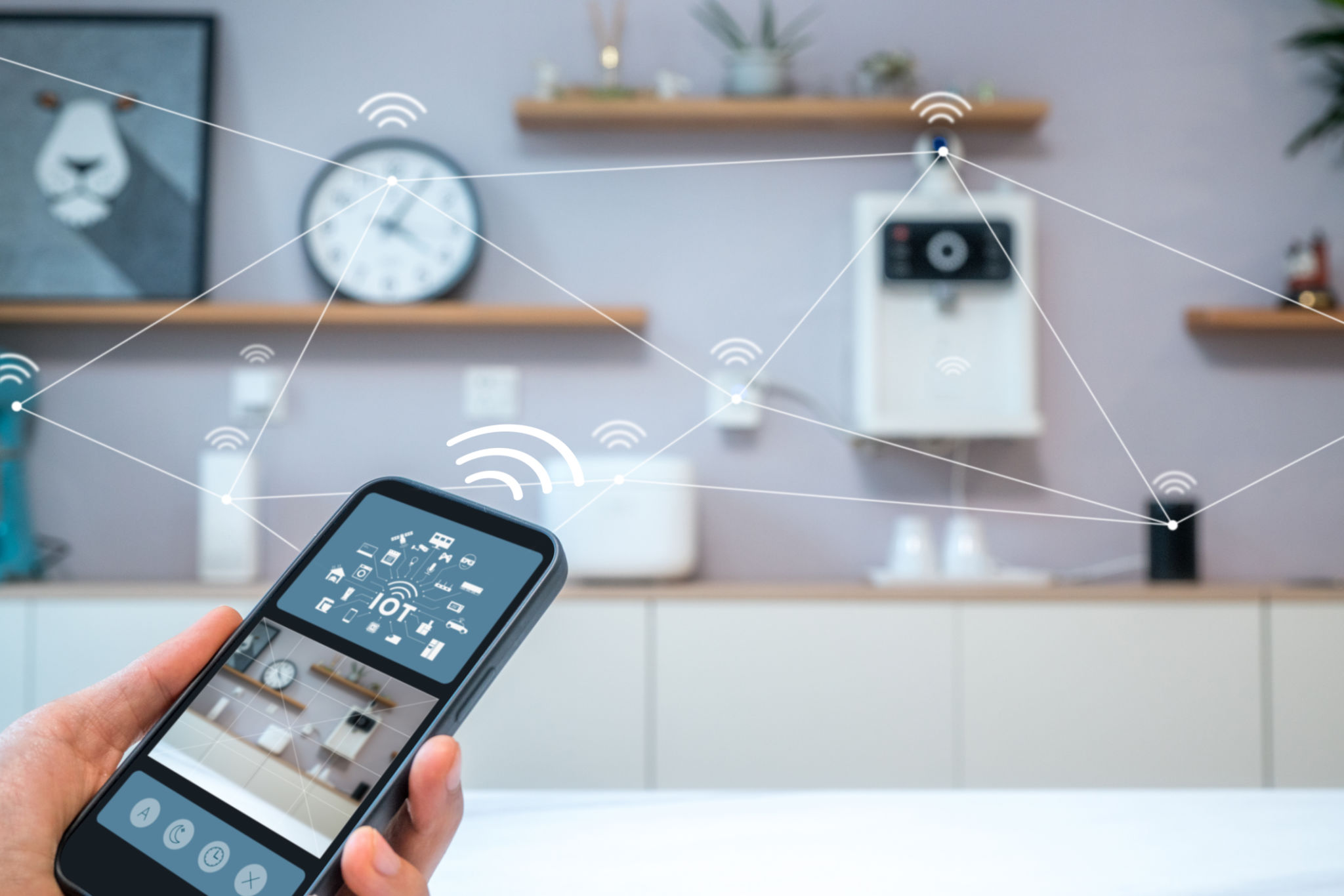Smart Home Trends: What’s Next for Home Automation
AD
The Evolution of Smart Home Technology
The smart home industry has witnessed incredible growth over the past decade, transforming the way we interact with our living spaces. With the advent of new technologies, our homes are becoming more connected and efficient. As we look forward, several trends are poised to redefine home automation.
One significant trend is the integration of Artificial Intelligence (AI) into smart home devices. AI is enhancing the functionality of these devices by enabling them to learn from user behaviors and preferences, ultimately delivering a more personalized experience. This evolution allows for smarter decision-making and proactive solutions, making our homes more responsive to our needs.

Voice Assistants and Their Expanding Roles
Voice assistants like Amazon Alexa, Google Assistant, and Apple's Siri are now commonplace in many households. Initially designed to perform basic tasks such as setting reminders or playing music, these assistants are now evolving into comprehensive control hubs for smart homes.
With advancements in natural language processing, voice assistants are becoming more adept at understanding context and providing accurate responses. This progress means that managing multiple smart devices through voice commands is becoming increasingly seamless, enhancing user convenience and accessibility.
Improved Interoperability Among Devices
One of the challenges facing smart home enthusiasts has been the lack of interoperability among devices from different manufacturers. However, this is changing with the emergence of universal standards like Matter, a collaborative effort by major tech companies to ensure that smart devices can communicate effectively with one another.

Energy Efficiency and Sustainability
As environmental concerns grow, so does the emphasis on energy efficiency within smart homes. IoT technology is enabling devices to monitor energy usage in real-time, helping homeowners identify areas for improvement and reduce their carbon footprint. Additionally, smart thermostats and lighting systems that adjust based on occupancy and usage patterns are contributing to more sustainable living.
Moreover, the integration of renewable energy sources into smart homes is becoming more prevalent. Solar panels connected to smart grids allow households to optimize energy consumption and even sell surplus energy back to the grid, promoting a circular economy model.

The Rise of Smart Security Solutions
Home security remains a top priority for many homeowners, and smart technology is playing a pivotal role in enhancing safety measures. From advanced surveillance cameras with facial recognition to smart locks that allow remote access control, these innovations are making our homes more secure than ever before.
Additionally, the development of integrated security systems that can detect anomalies and alert homeowners in real-time is changing the landscape of home security. These systems not only provide peace of mind but also offer valuable insights into home activity patterns.
Health Monitoring at Home
With the recent focus on health and wellness, smart home technology is also venturing into health monitoring. Devices capable of tracking air quality, humidity levels, and even detecting allergens are becoming integral components of modern homes. These innovations ensure a healthier living environment by alerting residents about potential health hazards and suggesting corrective actions.

As smart home technology continues to advance, the possibilities for enhanced living experiences are endless. From AI-driven personalization to sustainable energy solutions and improved security measures, the future of home automation holds exciting prospects for making our lives more convenient, efficient, and secure.